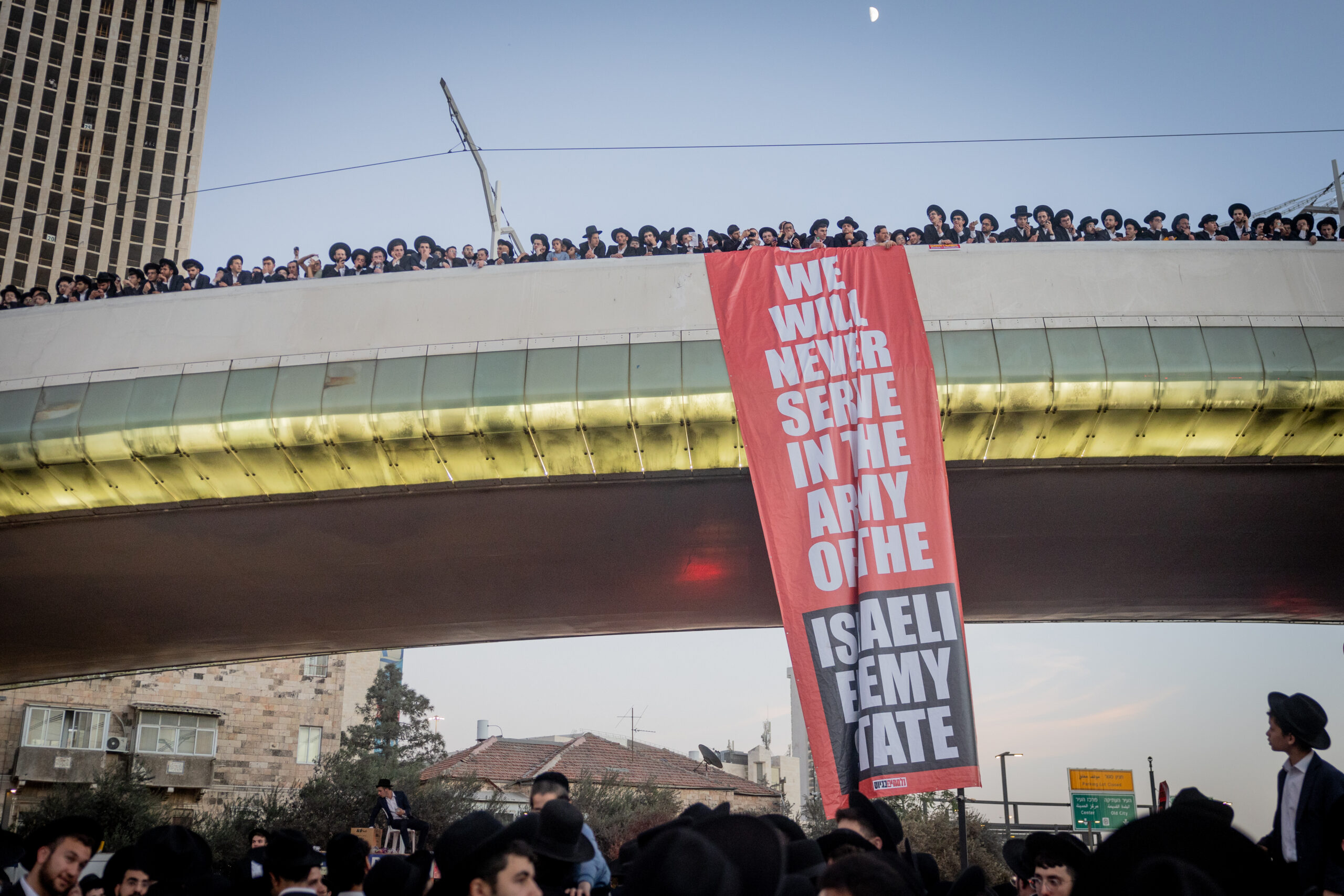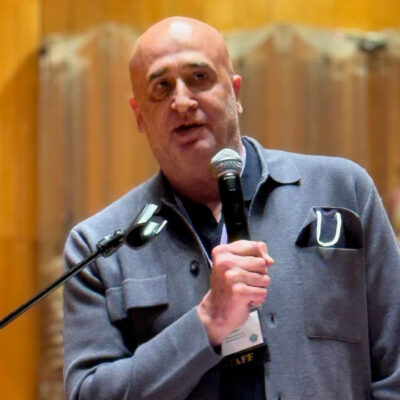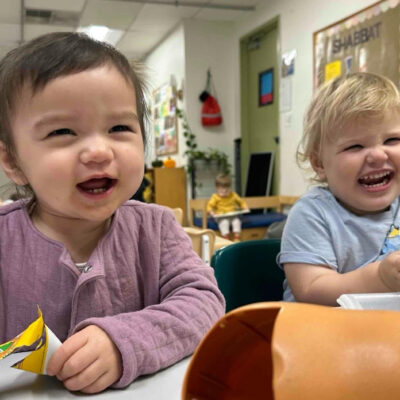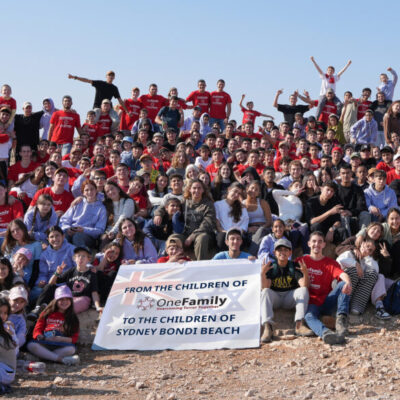New JPPI Report: Significant Rise in Identification with Reform and Conservative Judaism in Israel

A new Jewish People Policy Institute (JPPI) study, Rising Streams, Reform and Conservative Judaism in Israel, reports that 12-13 percent of Israeli Jews (800,000) self-identify as Reform or Conservative in recent surveys. These numbers illustrate significant growth in the last decade.
However, while hundreds of thousands of Israelis identify with the movements they are not active members. These Israelis, according to the report, are mostly secular or traditional Israelis who identify with the liberal denominations and primarily interact with them for the sake of life-cycle events.
The study, written by JPPI Fellow Dan Feferman, shows that some of those who were perceived in the past as “secular Orthodox” mention that they prefer that “the synagogue they don’t attend” be Reform or Conservative.
Feferman’s study analyses the movements in the Israeli context and details Israeli attitudes toward the streams and the reasons for the recent shift, which include an openness to liberal forms of Judaism and a frustration with the Orthodox rabbinate.
There are 125 total Reform or Conservative communities throughout Israel, 56 of them with permanent synagogues. There are 280 rabbis affiliated with the movements nationally, 85 of them working in communal capacities, and 8-10 new rabbis are ordained in Israel each year by the movements’ seminaries.
Both streams have small but active youth movements, with 1800 members combined in 32 branches, pre-military mechinot programs and 3 kibbutzim.
Overall, public attitudes toward the Reform and Conservative Movements and pluralistic expressions of Judaism in general are positive yet there is significant antipathy and hostility from the religious segments of society.
If in the past many secular Israelis and those who felt close to their Jewish roots but were not observant held Bar/Bat Mitzvah ceremonies in a non-Orthodox congregations but utilized the official Rabbinate’s services for weddings are seeking marriage ceremonies officiated by non-Orthodox leaders.
Both the Reform and Conservative streams in Israel have significant ability to operate freely and are even able to access some government funding for rabbis, synagogue construction and education programs. However, where they do not have freedom such as in marriage, we are seeing a growing grassroots movement that focuses on alternative private ceremonies that are mostly Jewish in character. “Even though the majority utilizes the Chief Rabbinate system, we detect frustration and disappointment which explains the decline in those seeking its services,” said Feferman.
The study examines implications for policy makers and identifies a possible “paradigm shift” underway in Israeli society. Marriage, divorce, conversions, and relations with the Diaspora are among the issues examined.
The report is part of a major JPPI project on Jewish Pluralism headed by Senior Fellow Shmuel Rosner.
The full report is available here.

 Add EJP on Google
Add EJP on Google










